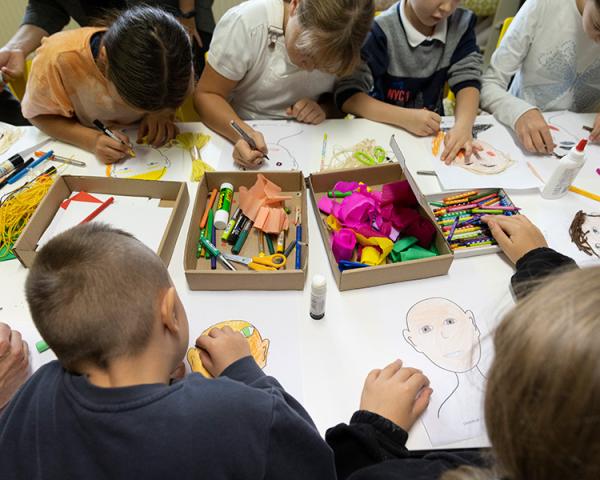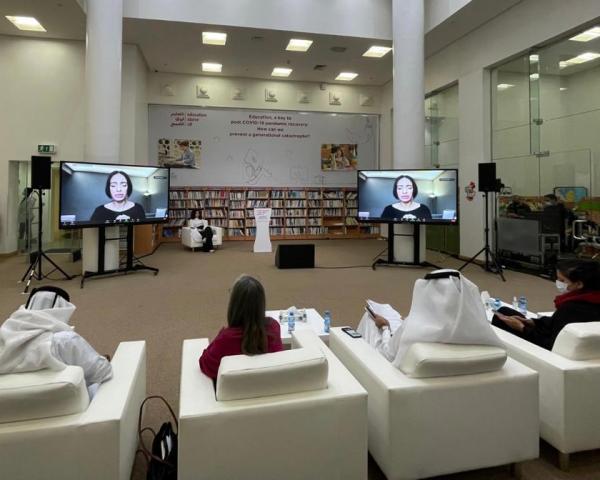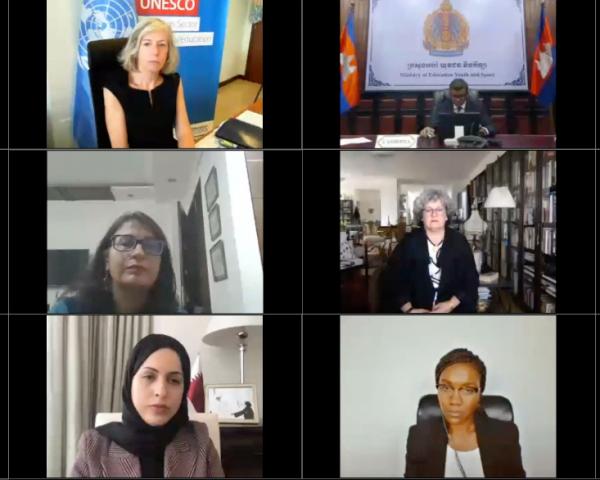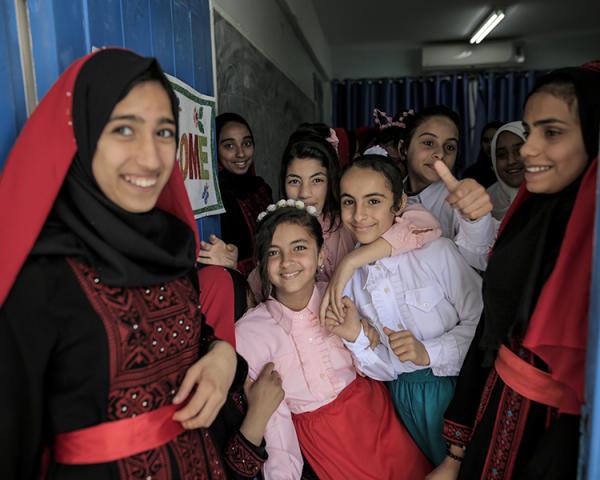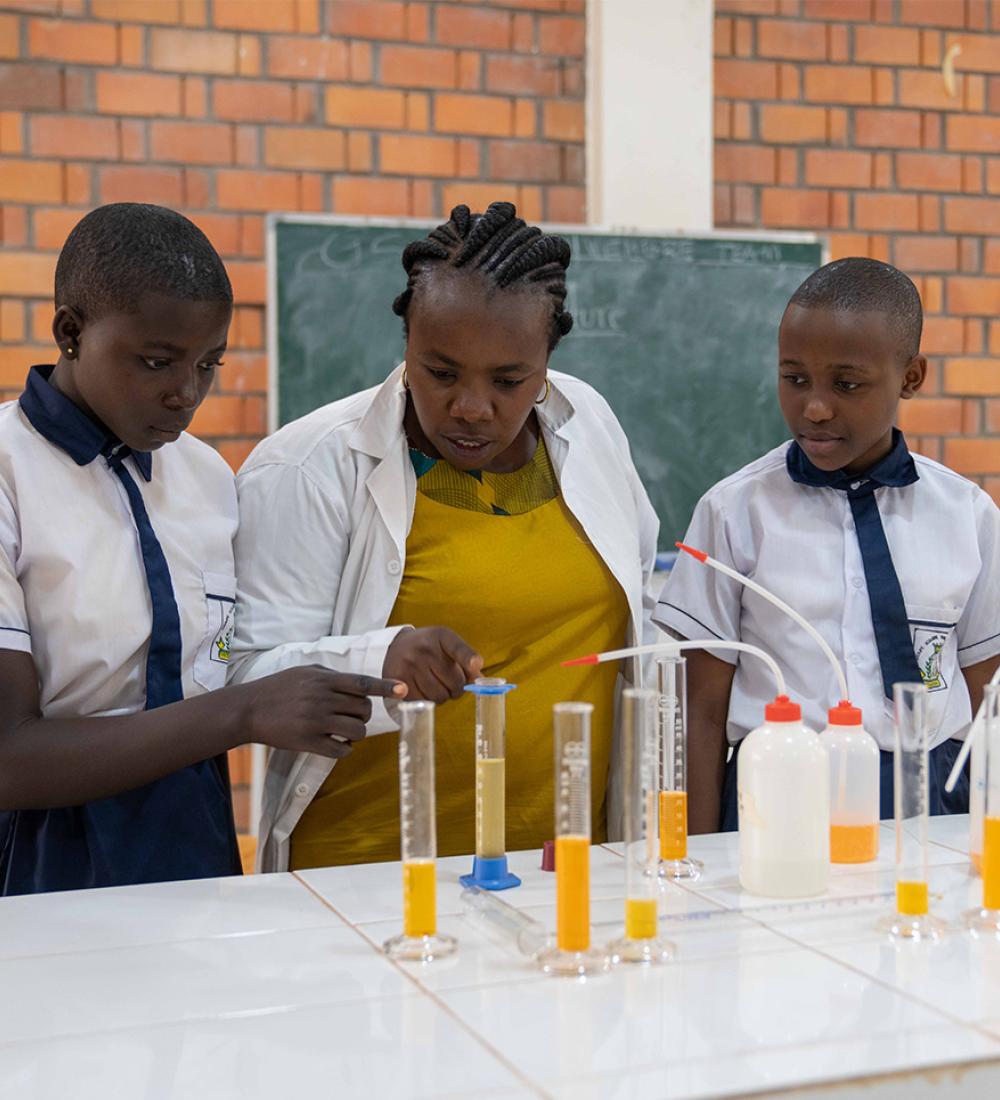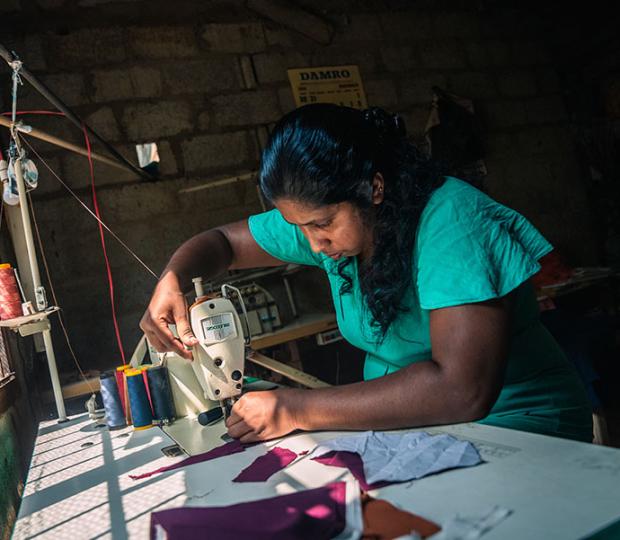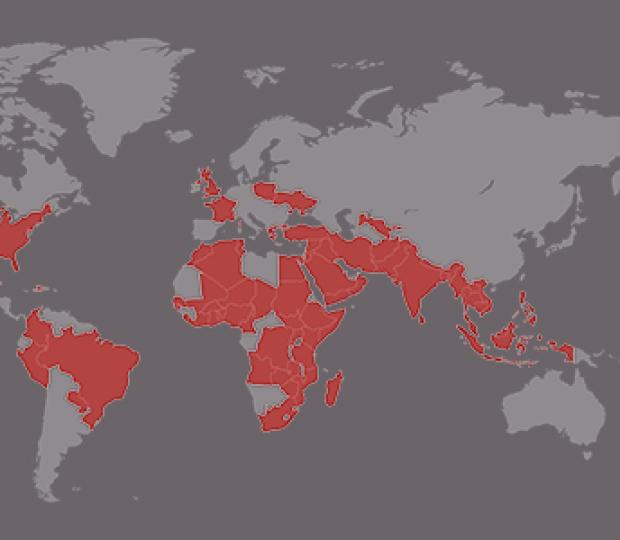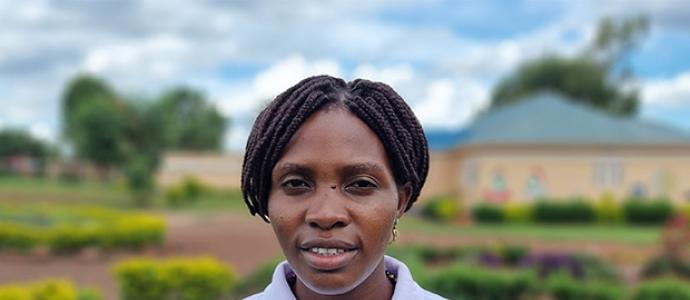Resources for Children Coping with Traumatic Experiences
The document includes a variety of interactive and low-material resources, most of which are open resources- including games, handbooks, tips, infographics, and stories to support children in coping with traumatic experiences related to natural disasters and conflicts. These resources have been selected for their evidence-based approaches and their ability to help children feel safe, secure, and supported. In addition, there are resources on tips and advice for caregivers and parents on how to help their children during this challenging time.
The resources have been categorized based on research findings, and are categorized under the following principles:
- Parental and community involvement: It is crucial for parents and caregivers to start conversations with and support their children after a traumatic experience. This allows them to express their thoughts and ask questions in a safe space.
- Routine: Retaining daily routines allows children to have a sense of control regarding what is happening in their life and to know what to expect. This can be in the form of a new hobby or an enjoyable activity that they do every day.
- Expressing through art: Expressive art is an effective tool to support children in communicating their thoughts and feelings as they face difficulty expressing their experiences in words. This can be done through expressive drawing and art, music therapy, stories, and art journaling.
- Disaster education: Educating children on what happened and what will happen moving forward through facts provides children with clarity and reduces the chances of self-blame.
- Empathy and altruism: Children who are able to be empathetic and help others will feel a sense of accomplishment and purpose. They tend to recover more quickly from a traumatic event when they feel they are contributing to others’ recovery.
- Wellbeing: Promote psychological and physical wellbeing through stress reduction techniques, building resilience, and physical activities like yoga and trauma release exercises.
- Play-based: Play leads to positive child development and helps build life skills and resilience.
We encourage facilitators to review the resources and select those that are most relevant to their programs, keeping in mind the different needs and circumstances of the children they are working with.
References:
- After The Earthquake: Nepal’s Children Speak Out
- Caring for Kids after Trauma, Disaster And Death: A Guide For Parents And Professionals
- Stay safe and be prepared: a teacher's guide to disaster risk reduction
- Expressive art activities for students affected by an earthquake in China
- International Arts + Mind Lab: The Center for Applied Neuroaesthetics
- Kana Okazaki-Sakaue Abstract Music Therapy with Trauma
- Tips For Coping With Distress In Young Children After The Earthquake
- Education In Emergencies Best Practice Guide
- A Review of the Role of Education and Knowledge in Disaster Risk Reduction
- The Importance Of Play When Violence Displaces Childhood
To contribute to this document please add your resources to this document: https://docs.google.com/spreadsheets/d/1afse8_cjQ8OzfwlFOdlaO6V3trMW-DE2uGuGB5k1PHQ/edit?usp=sharing






